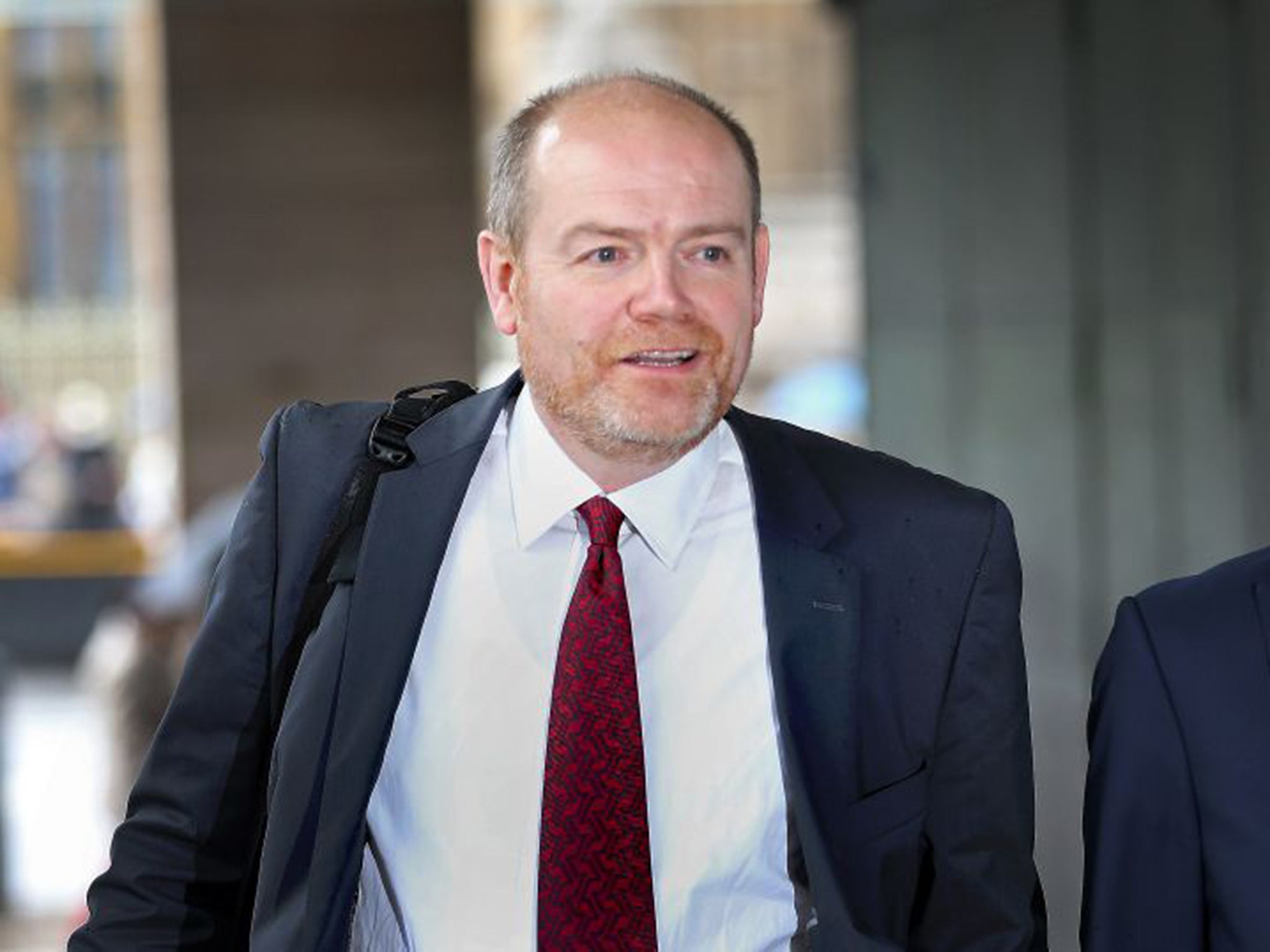New York Times boss and former BBC chief Mark Thompson accused of 'racial, sex and age discrimination'
He has strongly denied the claims

Your support helps us to tell the story
From reproductive rights to climate change to Big Tech, The Independent is on the ground when the story is developing. Whether it's investigating the financials of Elon Musk's pro-Trump PAC or producing our latest documentary, 'The A Word', which shines a light on the American women fighting for reproductive rights, we know how important it is to parse out the facts from the messaging.
At such a critical moment in US history, we need reporters on the ground. Your donation allows us to keep sending journalists to speak to both sides of the story.
The Independent is trusted by Americans across the entire political spectrum. And unlike many other quality news outlets, we choose not to lock Americans out of our reporting and analysis with paywalls. We believe quality journalism should be available to everyone, paid for by those who can afford it.
Your support makes all the difference.A former head of the BBC who weathered an ageism and sexism storm at the broadcaster is facing a multimillion-dollar lawsuit over alleged discrimination in his new job.
Mark Thompson, who stepped down as director-general shortly before the broadcaster was engulfed by the Savile scandal in 2012, faces a string of allegations concerning his tenure as CEO of the New York Times, including presiding over a workplace that has become "rife with discrimination based on age, race, and gender".
In legal papers filed in New York, the newspaper is said to have been "engaging in deplorable discrimination" by pursuing a young, white and wealthy readership with a staff increasingly made up of young, white and single employees.
The complainants, Ernestine Grant and Marjorie Walker, who work in the New York Times's advertising department, are both black women in their 60s who joined the company before his arrival.
Mr Thompson's leadership at the BBC is also raised in the papers, with lawyers highlighting a row at the broadcaster over the lack of older women on television.
At the time he said there were "manifestly" too few older women broadcasting on the BBC, but denied the broadcaster had a culture of ageism and sexism.
Ms Grant, 62, and Ms Walker, 61, launched the class-action lawsuit against Mr Thompson, the newspaper's chief revenue officer, Meredith Kopit Levien and the New York Times Company on Thursday, demanding a trial by jury.
In a statement to the BBC, Eileen Murphy, a spokeswoman for the daily newspaper, said the lawsuit contained a series of "recycled, scurrilous and unjustified attacks on both Mark Thompson and Meredith Levien".
She added: "We strongly disagree with any claim that the Times, Mr Thompson or Ms Levien have discriminated against any individual or group of employees. The suit is entirely without merit and we intend to fight it vigorously in court."
On its website the company says it relies on having a diverse workforce "as wide as it is deep, broad in perspective, backgrounds and experiences".
Mr Thompson spent eight years as director-general of the the BBC and left after overseeing its coverage of the 2012 London Olympics.
His departure came after rows over executive pay and the allegations that older women were under-represented on BBC channels.
At the time Mr Thompson acknowledged the corporation "had a case to answer about the way it treats older women on the air" but stressed there was a growing number of women in executive roles.
It came after former Countryfile host Miriam O'Reilly won an employment tribunal against the corporation when she was rejected for a role on the revamped prime-time version of the show.
Mr Thompson said the case was an "important wake-up call for the whole BBC".
After leaving in September 2012 Mr Thompson was succeeded by George Entwistle.
He lasted in the post for just 54 days before resigning amid allegations he had failed to handle the Jimmy Savile abuse scandal appropriately.
PA
Join our commenting forum
Join thought-provoking conversations, follow other Independent readers and see their replies
Comments